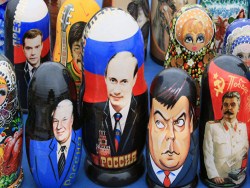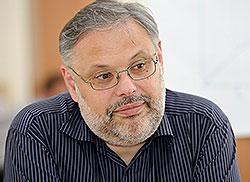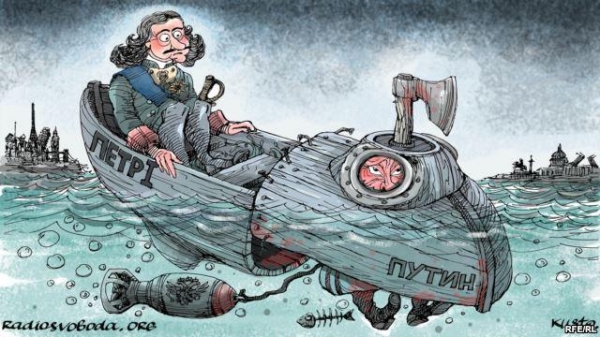
“Lead-center” asked the Russians to assess the country’s leaders from Nicholas II to Vladimir Putin. Sociologists have found that over the past four years significantly increased support for authoritarian leaders, and the actions of those who brought democratic changes, the Russians seem to approve much less. This is evidenced by survey data “Levada-centre”, said on Monday, 1 March, “Rain”.
According to the survey “Levada-center”, it is best Russians view the Putin era. The level of support of the President’s actions grew in four years by almost 20% and reached 70%. 11% consider that Putin has done more bad than good, which is 3% less than in 2012.
Significantly better than other former leaders, the Russians speak of Brezhnev. His support over the four years increased by 9% to 51%. And only 18% say the Brezhnev era negatively.
Compared with 2012, support for Stalin has increased by 13%. 40% of Russians believe that Stalin’s epoch brought the country more good than bad. While 38% of respondents Express the opposite opinion.
As to the Khrushchev era, the voice is also almost evenly divided. 31% believes that his reign has brought more good and nearly as many — 29 per cent spoke negatively about the Khrushchev era. In 2012 negatively about the Khrushchev era were 10% less Russians.
Much worse in the last four years Russians began to treat Gorbachev and Yeltsin. Positively the era of Gorbachev’s estimate 12% of Russians (in 2012 it was 14%). 67% believe that during this time there was made more bad than good — 17% more than four years ago.
The Yeltsin era of positive 11%, negative — 68%. In 2012, these figures were 12% and 55%.
Deputy Director “Levada-the centre” Alexey Grazhdankin in an interview with RFI noted that the Brezhnev times are perceived as times of “a prosperity” and Stalin is estimated as heavy. But the victory in the great Patriotic war, he said, for some Russians “redeems all the other problems and sins” of this era.
As for the changes of the past four years, Aleksey Grazhdankin says that unlike 2012, Russia is in the phase of confrontation with Western countries, and this situation increases the demand for the authoritarian type of leaders and decreases those who advocated the path of liberalization and democratization of society.
Policy of Vladimir Putin is more sympathetic than in 2012, after the events in Ukraine and the beginning of the confrontation with the West. And the current economic crisis has not affected the attitude of most Russians to the existing government.
“The current crisis cannot be compared to the deterioration that we saw in the early 90-ies. The decline in living standards, devaluation of savings, which occurred in 1992-1993, caused very serious injury to most Russians. Putin in their eyes is perceived as the man who brought Russia out of crisis, out of this pit. And still this attitude persists. And the current problems that the analysis shows that the effect on the position of the middle class, not the state of Affairs of Putin’s electorate, the mass mood big influence,” explains Alexey Grazhdankin.
According to the sociologist, “the hope of the return of Russia to her place in the world”, associated with the Putin era, “feeds a sense of national pride” some citizens of Russia and thus helps to overcome economic problems.
The survey was conducted from 19 to 24 February this year in 137 localities in 48 regions of the country among 1 thousand 600 people over the age of 18.








